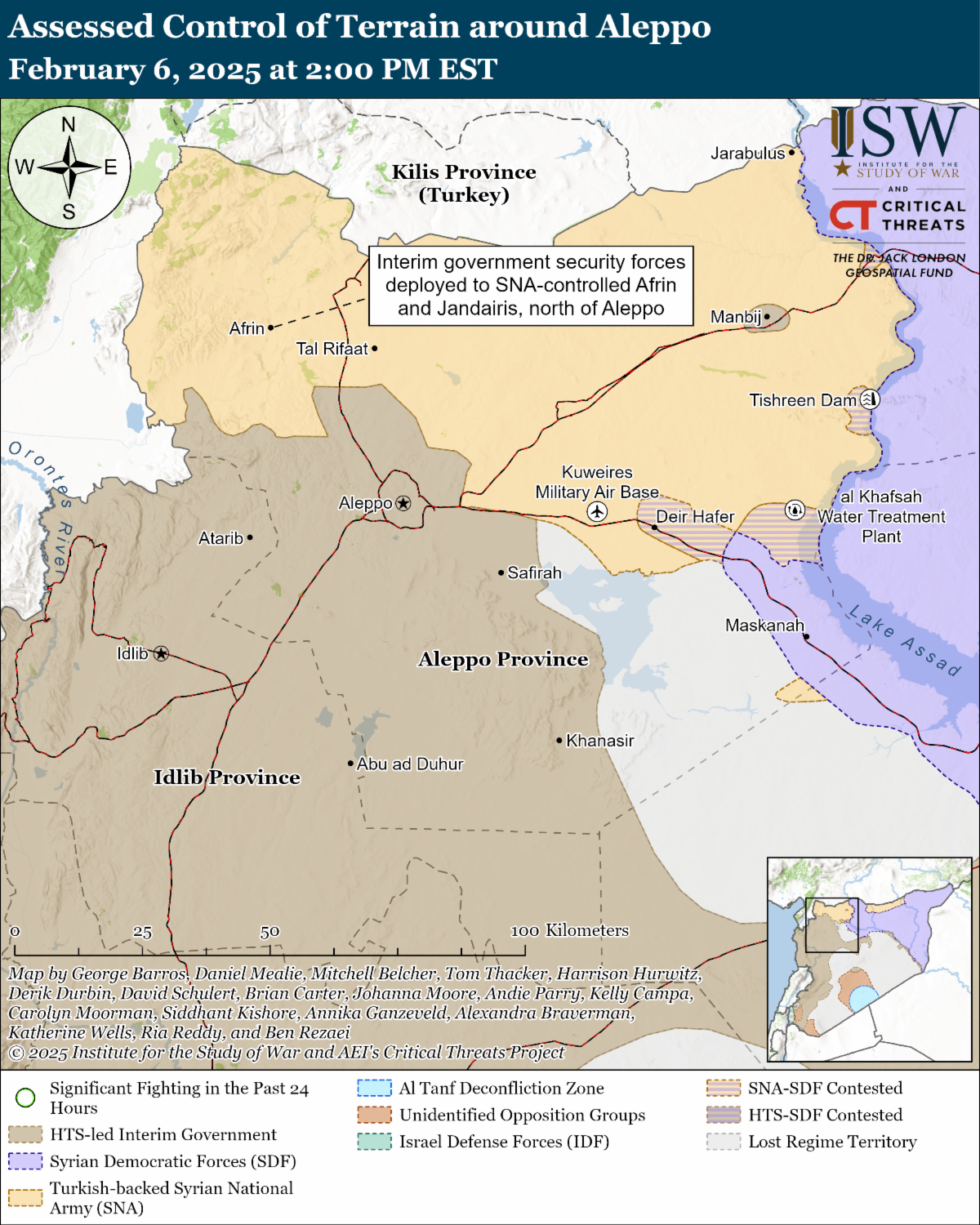Many of the most prominent Iraqi Sunni political parties have emphasized the need for political action to achieve long-standing Sunni political demands ahead of the Iraqi parliamentary elections in October 2025. A member of the Progress Party, which is led by former Parliament Speaker and key Sunni politician Mohammad al Halbousi, warned on February 5 that the Progress Party could boycott parliament in response to the recent Iraqi Federal Supreme Court decision to temporarily suspend the implementation of the General Amnesty Law. The Federal Supreme Court, which is responsible for interpreting the constitution and determining the constitutionality of laws and regulations, temporarily suspended the implementation of the General Amnesty Law on February 3. This law would grant amnesty to many Iraqis, including many Sunnis who were arrested under Article 4 of the Anti-Terrorism Law. The Progress Party holds 39 seats in parliament, which is far below the number of seats needed to block a quorum. A Progress Party-affiliated adviser to the Anbar Provincial Council similarly called on Sunni parliamentarians to boycott the political process and start “large” demonstrations in response to the Federal Supreme Court decision.
These statements come after the Sunni Azm Alliance called on February 5 for a “comprehensive national dialogue” to amend the Iraqi constitution. Azm Alliance head Muthanna al Samarrai is a member of the newly-formed United Sunni Leadership Coalition. Halbousi is not a member of this new Sunni political coalition, and the United Sunni Leadership Coalition appears to be an alternative Sunni political party to Halbousi’s Progress Party. It is therefore notable that both the Progress Party and parts of the United Sunni Leadership Coalition have called for political action to protest the Federal Supreme Court decision. Some Sunni politicians have accused State of Law Coalition head Nouri al Maliki of pushing the Federal Supreme Court to suspend the implementation of the General Amnesty Law. Maliki previously used the court to target political opposition, particularly Sunnis, during his term as prime minister between May 2006 and September 2014. Maliki’s rumored involvement in the Federal Supreme Court decision is consistent with recent sectarian, anti-Sunni statements he has made. Maliki stated on February 1 that “we will not allow terrorists to leave prisons,” about the individuals who would be released from prison under the General Amnesty Law. Iranian-backed actors have claimed that the General Amnesty Law would release ”terrorists” and ”murderers” into society to try to prevent the approval and implementation of this law.
Key Takeaways:
- Iraqi Politics: Many of the most prominent Iraqi Sunni political parties have emphasized the need for political action to achieve long-standing Sunni political demands ahead of the Iraqi parliamentary elections in October 2025. Former Prime Minister Nouri al Maliki is attempting to block Sunni political action, which has caused some Sunni political parties to threaten additional political moves, including demonstrations.
- Control of Syria: Syrian interim government forces have deployed to areas previously controlled by the Turkish-backed Syrian National Army (SNA) as armed factions have started to integrate into the new Syrian army and security apparatus. These interim government deployments will likely continue as former opposition groups integrate into the Syrian Defense Ministry.
- Gaza Strip: Israeli Defense Minister Israel Katz instructed the Israel Defense Forces (IDF) on February 6 to prepare a plan for the “voluntary departure” of Palestinians from the Gaza Strip. US President Donald Trump said on February 6 that the Gaza Strip should be “turned over” to the United States by Israel after the “conclusion of fighting.”
| 




 [ISW] 이란 업데이트, 2025년 1월 21일
[ISW] 이란 업데이트, 2025년 1월 21일